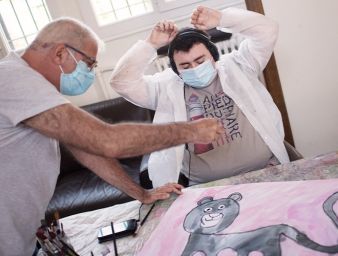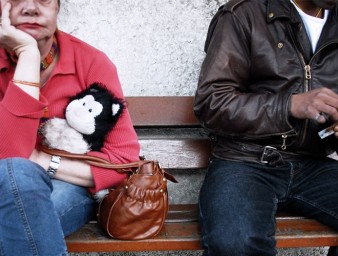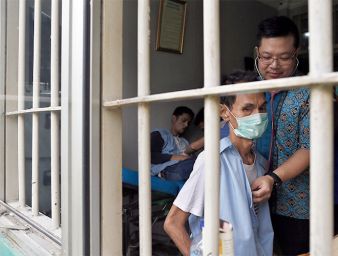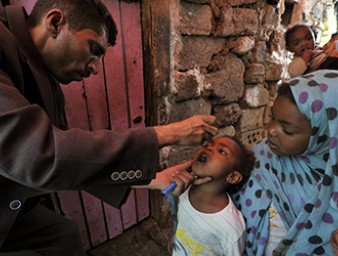Community and legislation underpin better mental health
10 October 2023
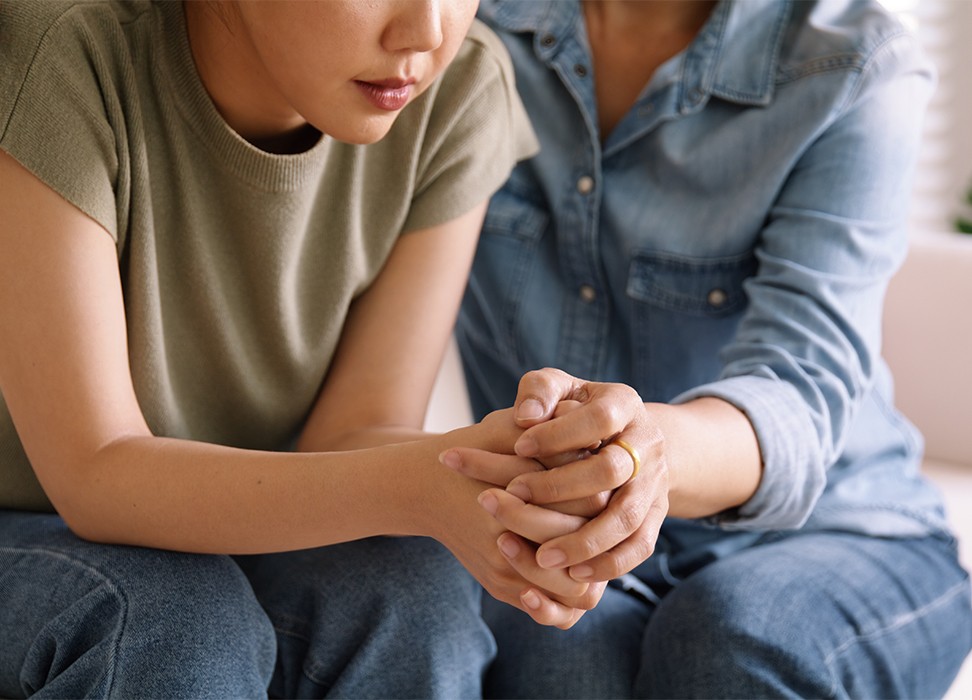
Through her own experience, Caroline Mazel-Carlton has deduced that mental health and human rights go hand-in-hand, saying that her “strength comes from being a part of a caring, community that sees [her] as a full citizen,” where she has rights, where her voice is heard and where she can make her own choices.
“It is so important to advocate against the force and coercion that turns treatment into trauma. But it is also key to remember that the reason that a lot of us don’t want to engage in services is that the options are too limited or ineffective,” she said. “I also think it is a really effective practice to just ask people what they need.”
Mazel-Carlton is the Director of Learning Opportunities at Wildflower Alliance, a United States-based organization that aims to create rights-based mental health services that entirely involve people with lived experience of psychiatric diagnosis, trauma, homelessness.
She was one of the speakers at the launch of the new publication “Mental health, human rights and legislation: guidance and practice” launched by the World Health Organization and UN Human Rights ahead of World Mental Health Day. The publication follows the call from the World Health Assembly and UN Human Rights for countries to review their mental health legislation to bring it in compliance with human rights.
With this Guidance, both organizations hope to inspire a fundamental shift in the field of mental health. This requires national laws and policies that will bring about cultural change and social transformation that will contribute to the 2030 Agenda’s vision for better health and well-being for everyone.
“Our ambition must be to transform mental health services, not just in their reach, but in their underlying values so that they are truly responsive to the needs and dignity of the individual, enabling people to participate fully in their own recovery,” said UN Human Rights Chief, Volker Türk.
This demands a clear legal and policy framework that ensures equality in decision-making, and free and informed consent, Türk added, as well as gender-inclusive laws that address harmful practices often faced by women, such as over-medication, forced contraception and violence.
After concluding that most legislation on mental health fails to embrace a rights-based approach, and to address the increased requests for technical cooperation from countries to support national efforts, both organizations proposed the Guidance as a resource to transform mental health systems and services, increase equality and justice in mental health care, and prevent, detect, or remedy human rights violations in mental health care settings, in line with international human rights standards, including the Convention on the Rights of Persons with Disabilities adopted in 2006.
The new guidance replaces the WHO resource book on mental health, human rights and legislation and provides the most updated and evolving interpretation of the right to health and other related human rights.
“It sets out clearly an alternative set of objectives for national legislation along with the provisions needed to ensure access to good quality, community-based mental health programmes and services, centred on the individual needs of women and men in all their diversity with due consideration of age and culture,” Türk said. “It outlines concrete measures to safeguard human rights, such as every individual’s right to make decisions on treatment, eliminating the risk of coercion. And it shows how legislation can be used to dismantle stigma and discrimination.”
From lived experiences to advocacy for mental health
Also invited to share her lived experience was Hauwa Ojeifo, Founding Executive Director of She Writes Woman mental health initiative. She started her mental health advocacy journey after having suffered posttraumatic stress due to a rape. Advocacy was a way for her to start a conversation about the effects of social issues on mental health. Five years ago, she realised that “the entire system needed to change from one where abuse of people with mental health conditions went unchecked to one that protects the dignity and liberty of service users.”
Ojeifo founded She Writes Woman in Nigeria in April 2016 shortly after a near-suicide attempt. The non-profit movement empowers people with mental health conditions to tell their stories, cocreate their solutions, and advocate for their rights.
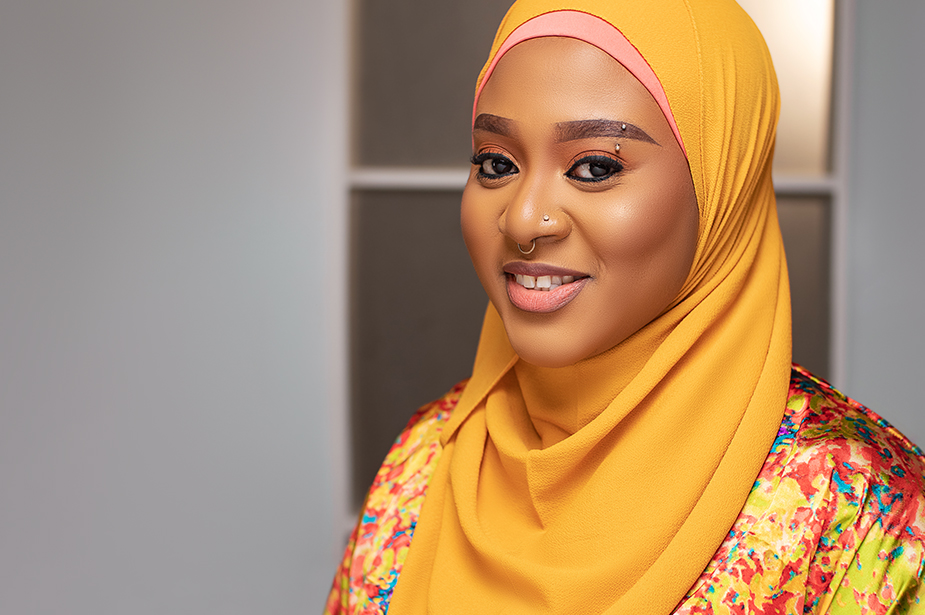
Hauwa Ojeifo started She Writes Woman in Nigeria to empower people with mental health conditions to advocate for their rights. © Hauwa Ojeifo
“For far too long, people with mental health conditions have had others make decisions on their behalf, tell their stories for them, and be treated as objects of charity. This should not be the case,” she said. “As we think of mental health and human rights, we must rethink our idea of who a person with a mental health condition is and why they have had to be all of these things and not the subject of rights that they are and entitled to their full and undiluted rights.”
She Writes Woman runs a 24/7 toll-free mental health helpline that allows anyone in Nigeria to reach out to trained counsellors. It also offers free and unlimited quality teletherapy in a safe digital space.
For Ojeifo, people are the link between human rights and mental health and the same people can help promote and stand up for better mental health.
“… People can also start looking at mental health beyond the biomedical model and start looking at the psychosocial model of disability. We can start looking at how social barriers like unemployment, poverty, inaccessible healthcare, harmful social norms, and more disable people with mental health conditions,” she urged. “We can all help promote and stand up for better mental health, but we must first understand what mental health looks like and who gets to define it on an individual level and a systemic level.”
Also looking at adopting a rights-based approach to mental health services, Mazel-Carlton joined the Wildflower Alliance in 2012, after having worked for several years in clinical settings. “I wanted to create change in those settings and show colleagues how to support voice hearers and suicidal folks more effectively, but; I was told I needed a graduate degree to do that. That didn’t make sense to me,” she recalled.
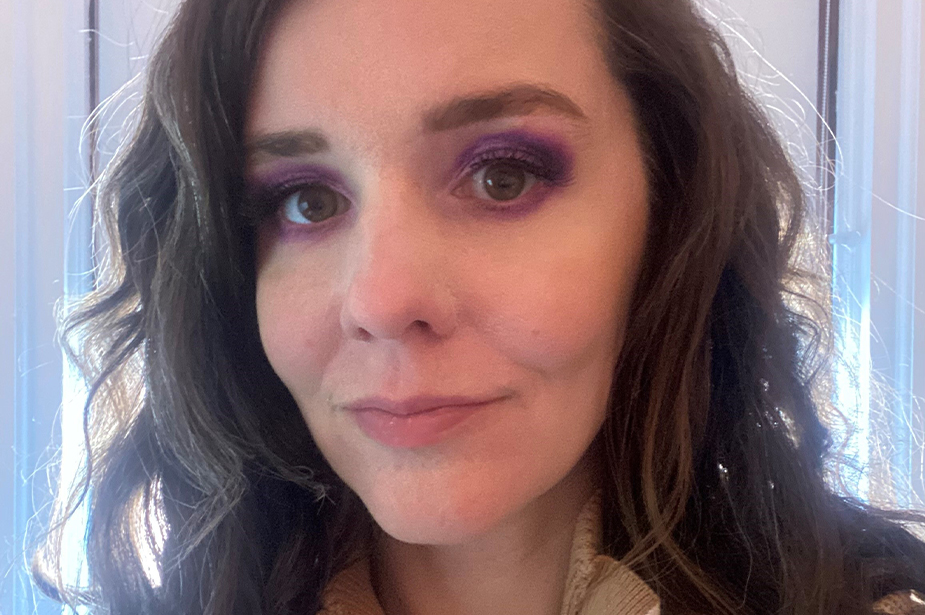
Caroline Mazel-Carlton started working at Wildflower Alliance to break the “’helper’ versus ‘helped’ binary.” © Caroline Mazel-Carlton
The Wildflower Alliance was founded in 2007 by the Massachusetts Department of Mental Health. The Defining Principles of the Wildflower Alliance, which include Self-Determination, Healing Environments, and Genuine Human Relationships, were articulated first.
“The goal was to create support free of diagnostics, assessments, insurance billing, red tape, hierarchy and other barriers found in more clinical environments. There would be no forced treatment, no medication administration, and our spaces would be as warm and non-institutional as possible,” Mazel-Carlton stressed. “Every role would be filled by someone with lived experience, versus academic credentials.”
Mazel-Carlton’s engagement stems from being told by doctors at a young age that she had a “severe mental illness.”
“I am one of the many global citizens who struggles with thoughts of suicide, experiences big emotions and hears voices that others do not,” she said. “I personally feel like I had no choice but to become a mental health advocate. It was either choose to speak out loud about my experiences or suffer in silence and live an inauthentic life.”
